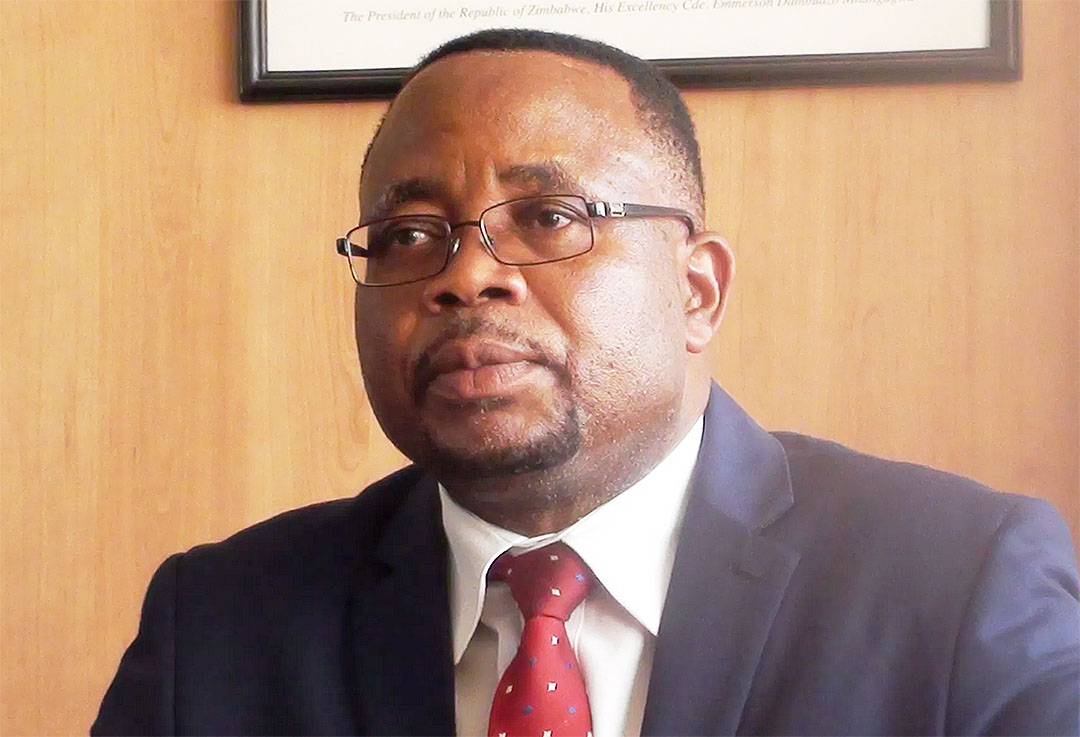
AT a time the Zanu PF-led Zimbabwe government is eagerly pushing the enactment into law of the Private Voluntary Organisations (PVO) Bill that has sent earth-shaking tremors down non-governmental organisations (NGOs) community corridors, it comes as a real shock that the same government is seen appealing for more assistance from a community in serious distress and confusion over what the future stores for them.
Most jittery about the PVO Bill are civil society organisations (CSOs) who are afraid that the Bill is being crafted to silence them or even banish them for good for speaking truth to power over issues of transparency, accountability, rule of law and respect for human rights.
Even the Members of Parliament are worried over the opaque processes surrounding the crafting of the Bill.
The CSOs are understandably skittish about this Bill because they are currently witnessing the space for freedoms of association and expression, among other constitutionally-guaranteed liberties, shrinking each passing day.
So it then raises eyebrows when, given this obviously prevailing tense relationship between the NGO community and government, the same government appeals for help from those it is ostensibly “tormenting”. In this case government has appealed to the Zimbabwe Red Cross Society (ZRCS) to increase its “visibility in communities”.
“Let’s see you in schools. Let’s see you in communities training these people first aid. Let’s have a critical mass of people trained in first aid. Once you have done that, government will chip in and assist; corporates will also come in and help,” Public Service, Labour and Social Welfare minister Paul Mavima pleaded with the ZRCS.
If government is aware of the crucial role the NGOs play, why is it so fervent on controlling and snooping on them at every turn and even prepared to ban many of them – as the PVO Bill is said to be suggesting?
At this point in time, it becomes difficult for the NGOs to be enthusiastic about assisting government when some among them feel threatened and uncertain about their future.
- Chamisa under fire over US$120K donation
- Mavhunga puts DeMbare into Chibuku quarterfinals
- Pension funds bet on Cabora Bassa oilfields
- Councils defy govt fire tender directive
Keep Reading
Also, according to Mavima’s appeal, why should government “chip in and assist” on the NGO initiatives? Should it not be the other way round? Should government not start the ball rolling in making sure that a “critical mass of people is trained in first aid”, then the ZRCS chips in and assists? Why are NGOs leading in most of the country’s developmental initiatives, anyway?
We believe this has been one of the biggest undoing of the country to a point that NGOs have virtually overrun communities in the complete absence of government initiatives, resulting in government now feeling threatened by the NGOs to the point of seeking to curtail their operations through the PVO Bill.
The prevailing situation where government and NGOs roles have been reversed is, in fact, the root cause of Zimbabwe’s glaring dependency on NGOs. The country’s social safety nets are, for instance, currently in tatters simply because government has played little to zero role in shoring up the welfare of nationals. Government should actually take full blame for the country’s debilitating donor dependency syndrome.
It is, therefore, about time government stepped up to the plate and played its role, instead of wasting time trying to control private voluntary organisations or begging for alms from the same NGOs it is villifying.






